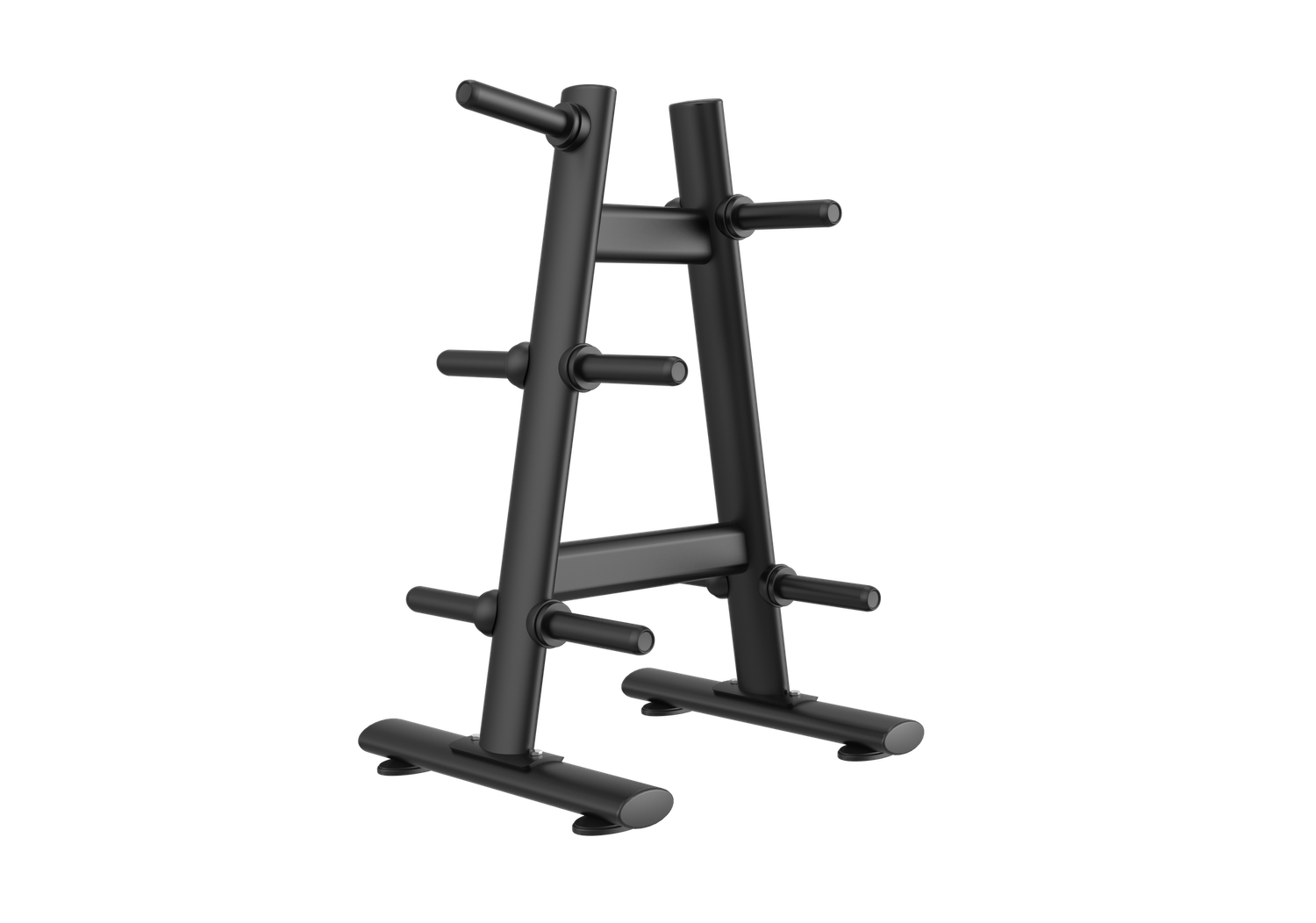Is Installing Spray Foam Insulation a Good Idea for All Building Types?
Is spray foam insulation ideal for your building? Contact Spray Foam Genius Marketing at 877-840-3626 or 844-741-3626 for expert advice and top-notch marketing solutions today.

In the ever-evolving world of construction and energy efficiency, spray foam insulation has garnered significant attention for its superior insulating properties. But is it the right choice for every building type? As more homeowners, commercial property owners, and contractors in the USA and Canada consider upgrading their insulation, understanding the suitability of spray foam for different building types is crucial. This blog post aims to explore whether installing spray foam insulation is a good idea for various types of buildings, from residential homes to commercial properties and industrial facilities.
We'll examine the pros and cons of spray foam insulation in different settings, its compatibility with older and newer buildings, and how it compares to other insulation methods. Additionally, we'll offer valuable insights into the benefits of using this technology for improving energy efficiency, durability, and comfort. Let’s dive into the world of spray foam insulation to see if it’s the right choice for your building.
Understanding Spray Foam Insulation: How It Works and Why It's Effective
Spray foam insulation is created by mixing two chemicals, isocyanate and polyol resin, which react and expand when sprayed. Upon application, the foam expands up to 30-60 times its liquid volume, forming a dense layer of insulation that fills cracks, gaps, and hard-to-reach areas. This tight seal enhances thermal performance and energy efficiency in buildings, making it one of the most effective insulation methods available today.
Types of Spray Foam Insulation
Spray foam insulation comes in two primary types, each with different properties suited for specific applications.
Open-Cell Spray Foam
Open-cell spray foam has a lighter, more flexible structure. It expands more than closed-cell foam, making it ideal for filling larger cavities. Though it has a lower R-value (thermal resistance), it provides excellent soundproofing and is cost-effective for interior walls and ceilings.
Closed-Cell Spray Foam
Closed-cell spray foam is denser and more rigid. It has a higher R-value per inch and acts as a vapor barrier, making it ideal for environments that require moisture control. It’s often used in exterior walls, roofs, and areas with high humidity.
Both types offer distinct advantages depending on the building's needs, and their versatility is part of the reason spray foam is seen as a solution for different building types.
Is Spray Foam Insulation Suitable for Residential Buildings?
For homeowners, energy efficiency, comfort, and long-term savings are crucial factors in choosing insulation. Spray foam insulation offers several advantages that make it an excellent choice for residential buildings.
Benefits of Spray Foam for Residential Homes
-
Energy Savings: One of the most appealing benefits for homeowners is energy savings. Spray foam’s airtight seal prevents drafts, making heating and cooling systems more efficient. Some homeowners report up to 50% savings on energy bills.
-
Moisture Control: Closed-cell spray foam also functions as a vapor barrier, which is especially beneficial for homes in humid or coastal regions. It can prevent mold and mildew growth, which improves indoor air quality.
-
Soundproofing: Open-cell spray foam has excellent sound-dampening properties, making it perfect for reducing noise between rooms or from outside sources like traffic.
-
Longevity: Unlike other insulation materials that may sag or degrade over time, spray foam remains effective throughout the building’s lifespan, providing consistent insulation and minimizing the need for maintenance.
Spray Foam for New vs. Older Homes
Spray foam insulation works well in both new and older homes, but there are some considerations to keep in mind.
-
New Construction: For newly built homes, spray foam is often installed as the primary insulation, offering superior energy efficiency from the start. It can be used in walls, attics, basements, and crawl spaces.
-
Retrofit in Older Homes: In older homes, spray foam can be an excellent retrofit solution to improve energy efficiency. It can fill the gaps in existing insulation or be applied to areas that are hard to insulate with traditional methods. However, care must be taken to address any existing moisture issues before installation.
Considerations for Residential Buildings
While spray foam is an excellent choice for many homes, there are some considerations to take into account:
-
Cost: Spray foam insulation can be more expensive upfront than traditional fiberglass or cellulose insulation, though the energy savings often offset the initial investment over time.
-
Professional Installation: DIY spray foam insulation is not recommended. To ensure maximum effectiveness and safety, professional installation is required.
Spray Foam Insulation for Commercial Buildings
Commercial properties, including offices, retail spaces, and warehouses, have different insulation needs compared to residential buildings. The size of the structure, energy consumption patterns, and operational requirements can affect whether spray foam insulation is a suitable option.
Benefits of Spray Foam for Commercial Buildings
-
Energy Efficiency: Similar to residential buildings, commercial properties benefit from spray foam’s ability to reduce energy consumption. In large commercial spaces, heating and cooling costs can be substantial. The airtight seal provided by spray foam can lead to significant energy savings.
-
Structural Strength: Closed-cell spray foam adds rigidity and strength to walls, which can be beneficial in commercial applications. It’s especially useful in warehouse or industrial settings where structural durability is essential.
-
Vapor and Moisture Barrier: Commercial buildings, especially those with HVAC systems or areas prone to humidity, benefit from spray foam’s moisture control properties. Closed-cell spray foam prevents condensation, reducing the risk of mold and water damage.
-
Sound Insulation: In offices or retail settings where noise control is important, open-cell spray foam provides excellent soundproofing, improving the overall comfort and acoustics of the environment.
Suitability for Different Types of Commercial Buildings
-
Offices and Retail Spaces: Spray foam can be used to insulate walls, ceilings, and even roofs in office and retail settings. It provides soundproofing between floors and reduces energy costs, making it a popular choice.
-
Warehouses and Factories: Closed-cell spray foam is ideal for insulating warehouses and factories where energy efficiency and moisture control are crucial. The added structural strength also helps improve the durability of large commercial spaces.
-
Cold Storage Facilities: Cold storage facilities, which require precise temperature control, often rely on spray foam insulation to maintain efficiency. The high R-value of closed-cell foam makes it an excellent choice for these environments.
Industrial Applications: Is Spray Foam Insulation a Good Fit?
Industrial buildings, including manufacturing plants, storage facilities, and processing centers, often require specific insulation solutions due to the extreme conditions they face. In these environments, spray foam insulation can offer unique benefits.
Advantages of Spray Foam for Industrial Buildings
-
Temperature Control: Industrial facilities that need to maintain consistent temperatures, whether for processes or storage, benefit greatly from spray foam insulation. Closed-cell spray foam helps maintain optimal temperatures, reducing the need for excessive heating or cooling.
-
Durability: Industrial settings often experience wear and tear from machinery, heavy foot traffic, and other factors. Spray foam adds a layer of protection to walls and ceilings, preventing damage from moisture and adding structural integrity.
-
Sealing and Protection: Spray foam’s ability to fill every gap and crack ensures that industrial buildings are sealed tightly. This helps prevent the infiltration of outdoor contaminants, dust, and moisture, which could otherwise interfere with operations.
-
Fire Resistance: Some types of spray foam insulation are formulated with fire retardants, making them suitable for industrial applications where fire safety is a concern.
Is It Cost-Effective for Industrial Facilities?
Spray foam insulation tends to be more expensive than traditional insulation options, but in industrial settings, the long-term energy savings, combined with the need for durable, low-maintenance solutions, make it a cost-effective option in the long run.
Environmental Considerations of Spray Foam Insulation
With growing awareness of environmental issues, many building owners are seeking eco-friendly solutions for their properties. Spray foam insulation can contribute positively to sustainability in several ways.
Energy Efficiency and Carbon Footprint Reduction
Spray foam significantly reduces energy consumption by improving the building’s thermal envelope. This leads to lower carbon emissions, as less energy is required to heat and cool the space. For eco-conscious building owners, this is a major advantage.
Longevity and Waste Reduction
Spray foam insulation has a long lifespan compared to other materials, which means less frequent replacement and reduced waste. Additionally, its durability ensures that it continues to perform well over time, minimizing the need for repairs or additional insulation.
Eco-Friendly Options
Some manufacturers are producing spray foam with renewable or recycled materials, reducing its environmental impact further. Additionally, certain formulations are available that use more environmentally friendly blowing agents, reducing the emission of harmful greenhouse gases during installation.
Factors to Consider Before Choosing Spray Foam for All Building Types
While spray foam insulation is a versatile and highly effective solution, it’s not always the right choice for every building or situation. Here are a few factors to keep in mind:
Climate Considerations
Spray foam performs best in extreme climates where energy efficiency is critical. In milder climates, the high upfront cost may not provide as significant of a return on investment.
Budget
The cost of spray foam insulation is higher than other insulation methods like fiberglass or cellulose. For those on a tighter budget, it may not be the best option unless long-term savings are a priority.
Building Codes and Requirements
In some regions, local building codes may restrict the use of certain types of spray foam insulation or require specific fire-retardant treatments. Always consult with a contractor familiar with the building codes in your area before deciding on spray foam.
Call us at 877-840-FOAM for USA and 844-741-FOAM for Canada visit our website at sprayfoamgeniusmarketing.com, or email us at info@sprayfoamgeniusmarketing.com to get started.
What's Your Reaction?





























